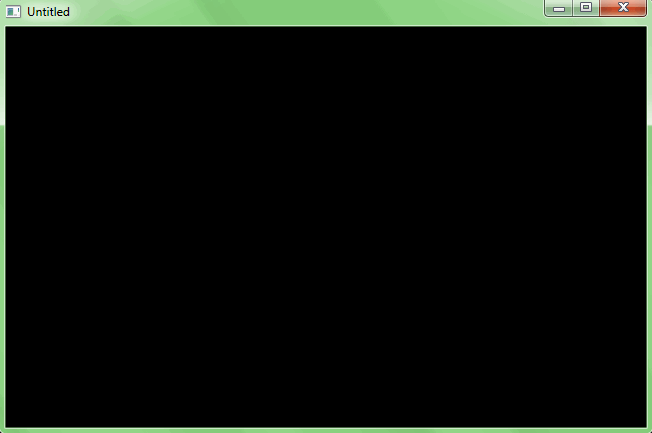In this challenge fake marquee text is text that is shown part by part, in a scrolling-like fashion.
Some examples:
testing 4
t
te
tes
test
esti
stin
ting
ing
ng
g
hello 2
h
he
el
ll
lo
o
foobarz 3
f
fo
foo
oob
oba
bar
arz
rz
z
Something a bit longer 10
S
So
Som
Some
Somet
Someth
Somethi
Somethin
Something
Something
omething a
mething a
ething a b
thing a bi
hing a bit
ing a bit
ng a bit l
g a bit lo
a bit lon
a bit long
bit longe
bit longer
it longer
t longer
longer
longer
onger
nger
ger
er
r
small 15
s
sm
sma
smal
small
small
small
small
small
small
small
small
small
small
small
mall
all
ll
l
aaa 3
a
aa
aaa
aa
a
brace yourself 6
b
br
bra
brac
brace
brace
race y
ace yo
ce you
e your
yours
yourse
oursel
urself
rself
self
elf
lf
f
You have to write a program or a function that takes in two input and prints the output as described above. You may or may not output trailing spaces in your output. This is code-golf so shortest code in bytes wins.
If your program is standalone (i.e. when run actually prints the lines) (Input can be hard-coded but easy to change) and sleeps a bit between each line of output you get a -10 bonus.

